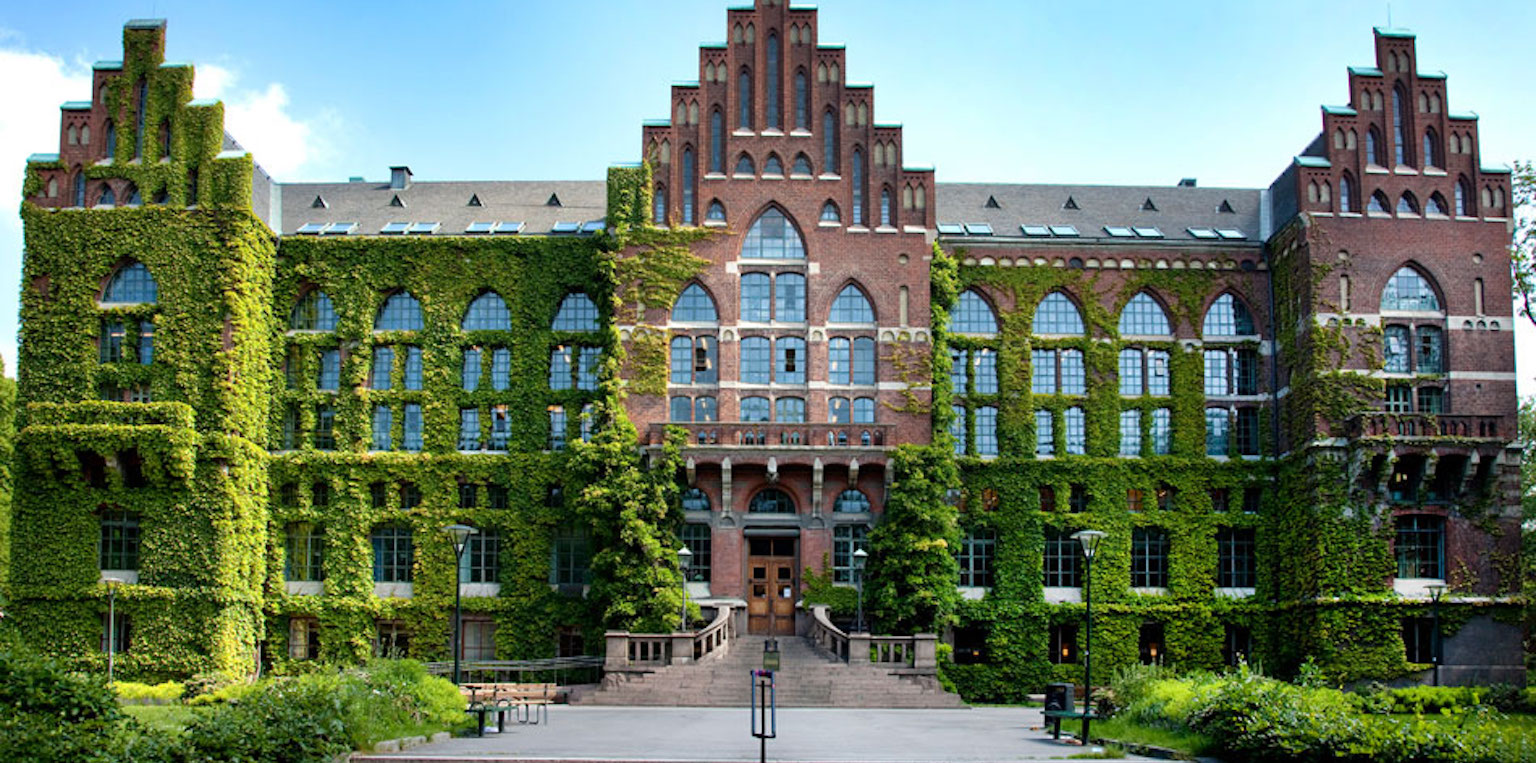Greenhouse Scholars is vital to spreading the power of opportunity, choice, and belief to affect low-income families and communities. These resources demonstrate the critical importance and unmet needs that our program is working to solve in the communities we all share.
- “Friending Bias” highlights recent studies that link cross-class social interactions with upward social mobility. According to Raj Chetty, an economist at Harvard, “Growing up in a community connected across class lines improves kids’ outcome and gives them a better shot at rising out of poverty.” By building a community of people from different geographic, socioeconomic, racial, and cultural backgrounds, Greenhouse Scholars is facilitating connections that help people transform their own lives and the world.
- For young people from under-privileged backgrounds, admission is not the only hurdle to the success at elite colleges and universities. In this piece from The New York Times Magazine’s Education Issue, Anthony Abraham Jack, a professor at the Harvard Graduate School of Education, details his experience as a low-income, first-generation, student of color at Amherst College. His powerful story highlights that while financial aid is critical, it falls short of meeting many disadvantaged students’ needs.
- At Greenhouse Scholars, we see our community open doors and minds, unlock potential, and drive positive change. Your Life is Driven by Networks, an article from venture firm NFX, presents a detailed model that explains this effect and how significantly your networks can influence your outcomes. It also highlights college and your first job as a couple of the key crossroads that have the most influence on your long-term network.
- Episodes 4, 5, and 6 of Season 1 of Revisionist History, a podcast by Malcolm Gladwell, focus on low-income students’ road to higher education, how universities provide (or fail to provide) opportunities to those students, and inequitable collegiate philanthropy.
- This interactive New York Times article presents results of a study that suggests low-income students are still significantly underrepresented at U.S. universities, particularly schools qualified as elite. An accompanying article points out the same underrepresentation of minorities.
- As Elite Campuses Diversify, a ‘Bias Towards Privilege’ Persists. In this NPR article, Anthony Abraham Jack, author of The Privileged Poor: How Elite Colleges Are Failing Disadvantaged Students, is interviewed about his research that shines a light on the hidden curriculum and other barriers to success that students from “doubly disadvantaged” backgrounds must overcome to succeed in higher education.
- Three Miles, episode 550 of WBEZ’s This American Life podcast, follows the story of two groups of students from opposite ends of the socioeconomic spectrum and highlights their differences in educational opportunities and experiences in college.
- On Greenhouse Scholars’ Youtube Channel, our Scholars share their inspirational stories and how the Whole Person Program has helped them to overcome adversity and give back to others.
- This factsheet from the Postsecondary National Policy Institute highlights statistics about first-generation college students, their degree attainment, and the challenges they face. This is a valuable resource for anyone trying to better understand the need behind Greenhouse Scholars’ mission. The article sites many reputable sources for its statistics.


